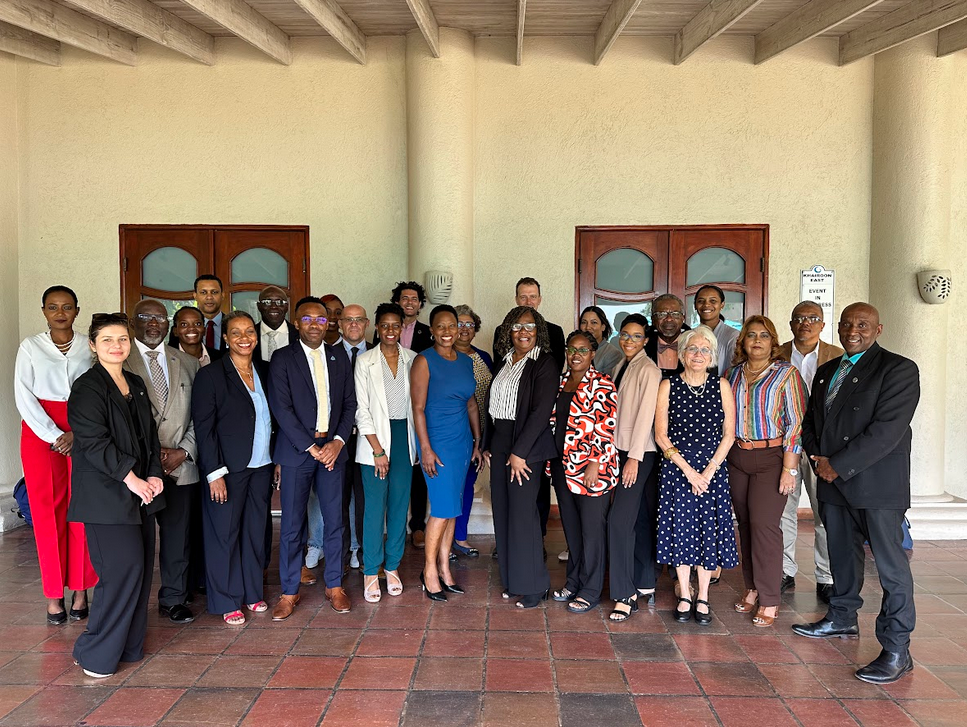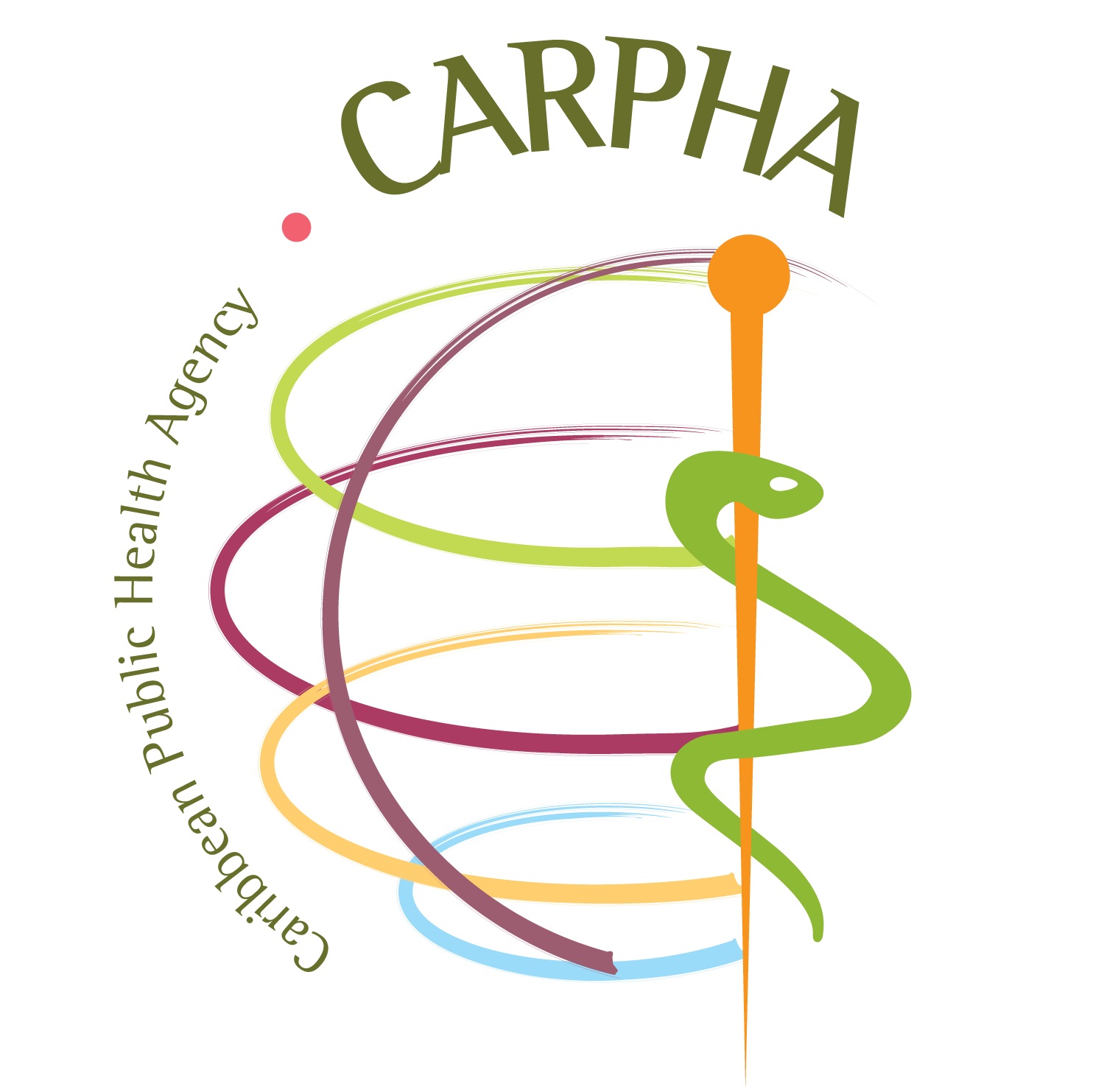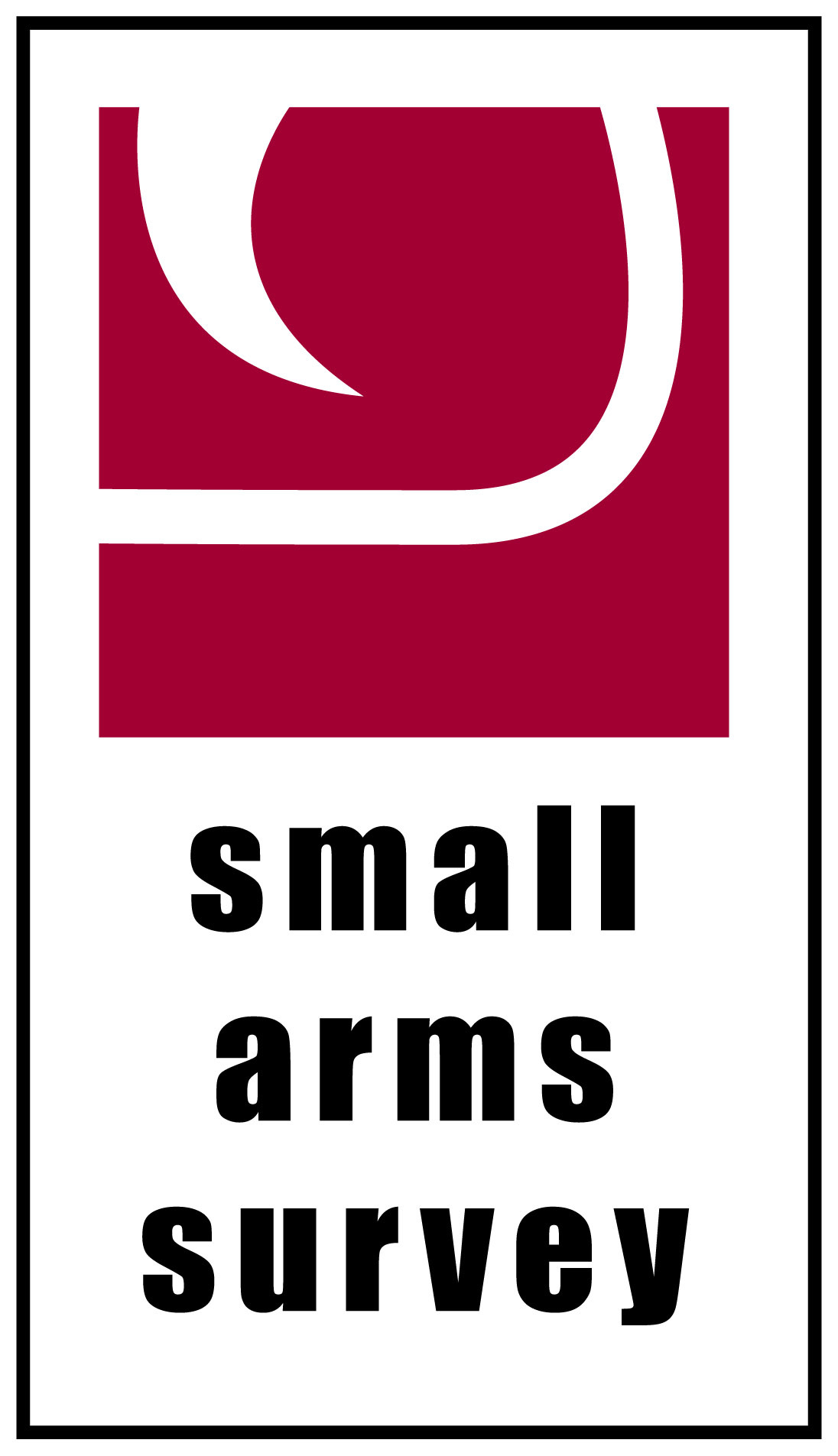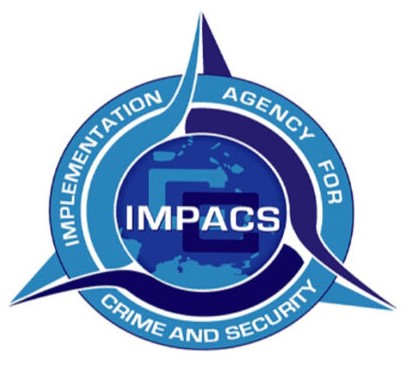
New Regional Committee established to advise the project: ‘Pathway to Policy: Integrating Security and Public Health Responses to Firearms Trafficking and Violence in the Caribbean’
Joint press release
BRIDGETOWN—The Caribbean Community Implementation Agency for Crime and Security (CARICOM IMPACS); the Caribbean Public Health Agency (CARPHA); the George Alleyne Chronic Disease Research Centre, a unit of the Caribbean Institute of Health Research (CAIHR) at The University of the West Indies (GACDRC at The UWI); and the Small Arms Survey, an associated programme of the Geneva Graduate Institute, formally established a multi-sectoral Advisory Committee of Regional Experts to support their latest joint project: 'Pathway to Policy: Integrating Security and Public Health Responses to Firearms Trafficking and Violence in the Caribbean'.
While security-focused efforts to tackle the supply of illicit firearms are critical, a transdisciplinary and whole-of-society approach is needed to address the root factors and effects of gun violence. According to Lt. Col. Michael Jones, Executive Director of CARICOM IMPACS, ‘research has shown that the most effective way to tackle gun violence is to stop thinking of it as only a law enforcement issue, and rather adopt a multi-sectorial approach that includes public health’. The participation of the public health sector is especially important, given its role of first responder where and when incidents of firearm-related injuries occur.
A two-day inception meeting of the Advisory Committee was held in Bridgetown, Barbados on 20–21 November 2023. The Advisory Committee will assist in critically informing the Pathway to Policy project's substantial and procedural work. The members of the Advisory Committee consist of experts in a multiplicity of areas, including economics, governance, forensic ballistics, public health, law, clinical psychology, anthropology, forensic pathology, education, youth, communications, epidemiology, criminal justice, research, and security.
‘The Pathway to Policy project will support evidence-based measures to combat firearm trafficking and violence, and produce new research on the socioeconomic costs of armed violence in the Caribbean region,’ explained Dr. Joy St John, Executive Director of CARPHA. It will also implement a regional strategy to engage with and disseminate research findings among key security and public health stakeholders, as well as develop an early warning ‘social media’ dashboard on firearms crimes.
During the inception meeting, members of the Advisory Committee committed to supporting the project by: serving as a source of knowledge and information exchange, helping ensure the regional perspective of the project, providing technical expertise on relevant subject matters, and advocating for an enabling environment for the project to access relevant institutions and official data. They also provided advice on the dissemination of outputs and information to policymakers, regional experts, and relevant institutions.
Following the Advisory Committee meeting, a two-day research workshop was organized and led by Dr Natasha Sobers and Professor Simon Anderson of the GACDRC, to focus on the methodologies and data collection tools to be employed during the project, especially regarding the costs of gun violence. The workshop, including colleagues from the Bahamas and Jamaica, also discussed the individual, community and regional systems that facilitate firearms trafficking and violence in the region with the aim of informing further research in the area.
The basis for both discussions was the Weapons Compass: the Caribbean Firearms Study published in April 2023. The study—a joint report from CARICOM IMPACS and the Small Arms Survey—found that the homicide rate in the Caribbean is almost three times higher than the world average, and that violence in the region is closely associated with gangs and exacerbated by the availability and use of illicit firearms. Firearms are used in more than half of all homicides on average, and in some Caribbean countries this proportion reaches 90 per cent. The US domestic market is a major source of illicit firearms and ammunition in the Caribbean, but available evidence indicates that firearms are also sourced from other countries, underscoring the need for a regional response. Research in the Bahamas, Barbados, and Jamaica revealed that the average medical expenditures for treating a single gunshot wound can exceed the annual health spending per capita by ratios ranging from 2:1 to 11:1.
The ‘Pathway to Policy: Integrating Security and Public Health Responses to Firearms Trafficking and Violence in the Caribbean’ project is facilitated by CARICOM IMPACS, CARPHA, the GACDRC at UWI, and the Small Arms Survey, with funding from the German Federal Foreign Office. Its implementation period is 2023–2025. More information about the project can be found here.
|
|
 |
 |
 |
